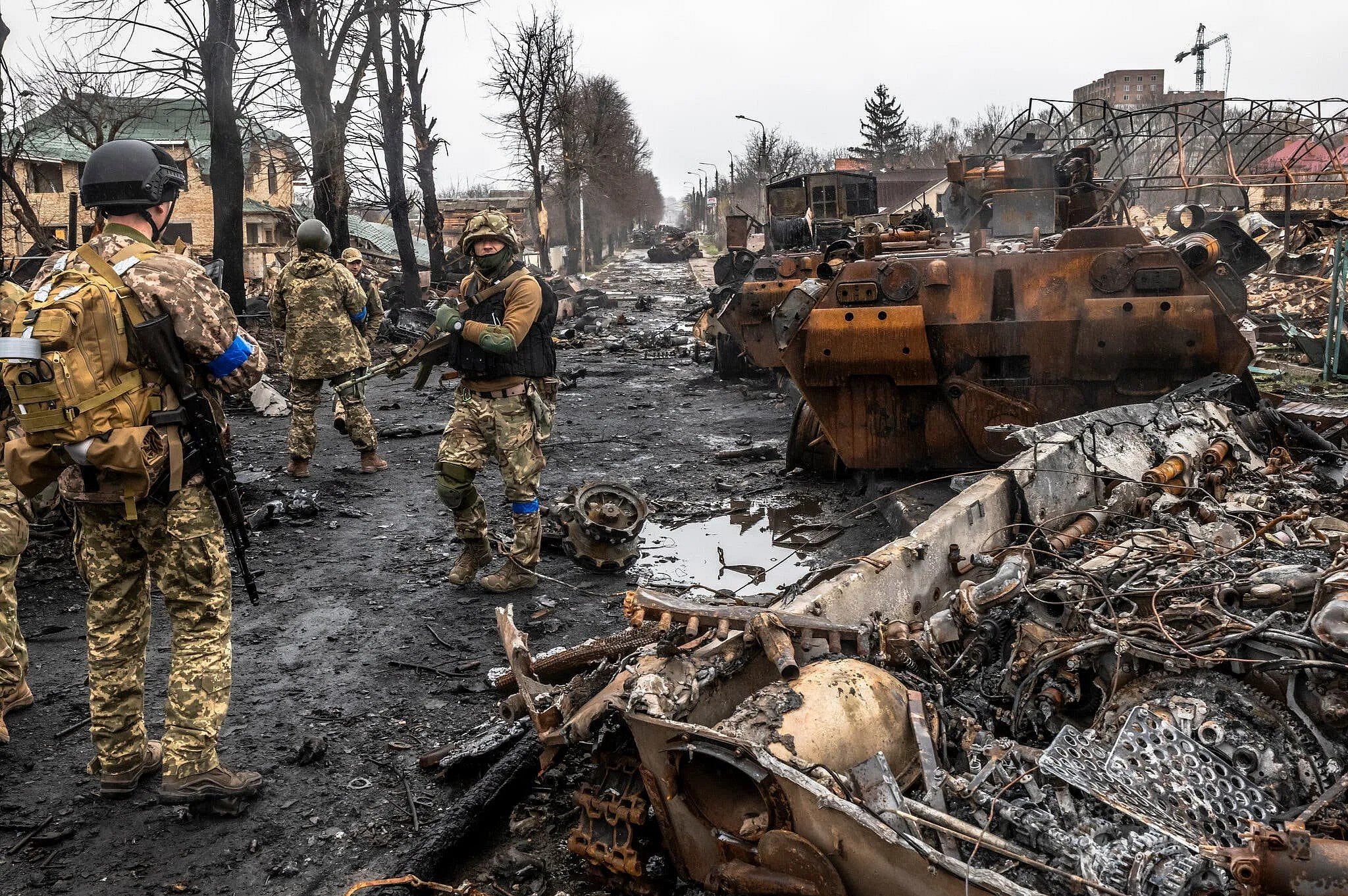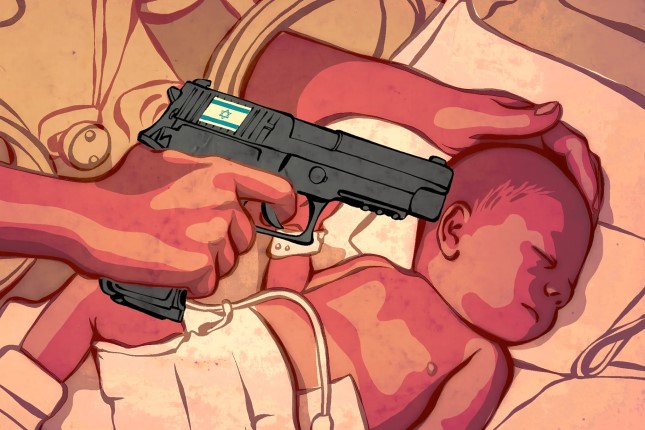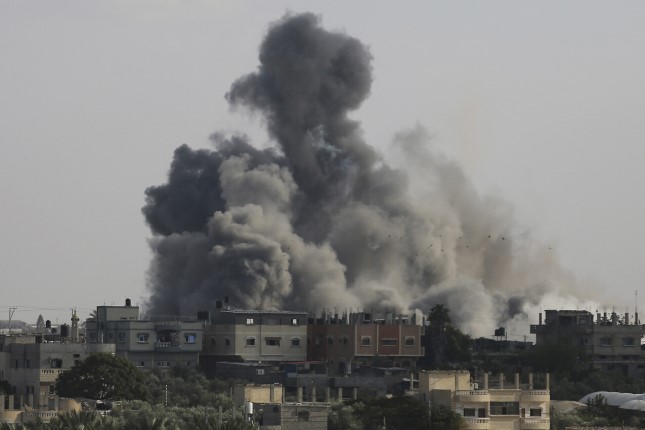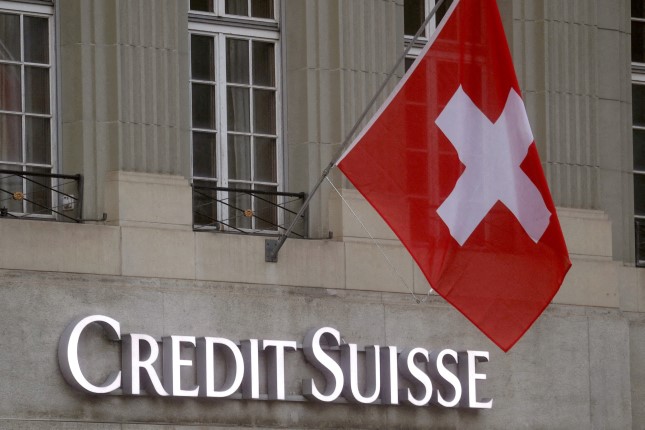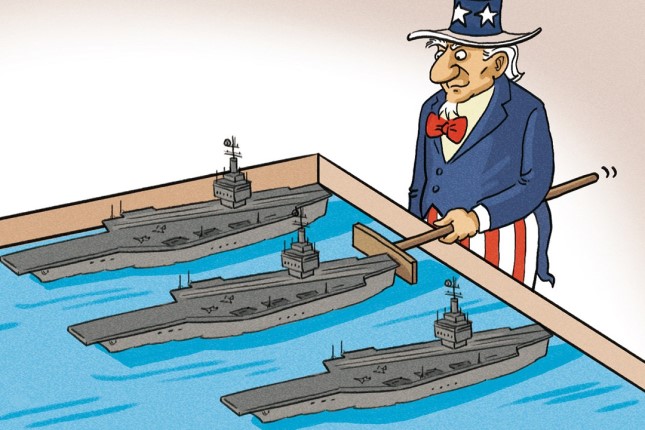The reckless action of a French policeman has lifted the "manhole cover," and triggered a sudden eruption of pent-up anger.
On July 1, the French government deployed 45,000 police officers backed by light armored vehicles to maintain law and order.
Why are the proud and romantic French people displaying such hostility? From the "yellow vests" movement to protests against pension reforms, and now the riots against racial discrimination, France has seen one wave of unrest after another in recent years due to various social issues.
After the riots, the French and European media, like in the past, have been in a hurry to prescribe remedies. Some suggest speeding up the reform of the police system and addressing racial discrimination, while others propose finding ways to bridge the enormous gap between the rich and the poor and tackle the increase in unemployment. But most of these prescriptions are the same old ones.
Recognizing France's problems must take into account the context of globalization.
Globalization has evolved from the information revolution's third wave to the AI revolution's fourth wave, which brings about continuous waves of change. However, post-industrialization brings increasingly complex problems, making it impossible to rely on existing formulas for solutions.
The most significant indicator of post-industrialization is the shift of the national economy from manufacturing to services.
According to Chinese scholar Qian Chendan, the first shift, in which industry replaces agriculture, is considered a significant advancement for human progress. The second shift involves the transition from manufacturing to the service sector as a country's dominant form of economic production, which is also seen as a form of progress. However, this may not necessarily reflect reality. The abandonment of "real economy" by developed nations in favor of services is not only unsustainable, but has also contributed to imbalanced global development and sparked a wave of anti-globalization.
The substitution effect of industrialization in developing countries, the acceleration of outsourcing, the global epidemic, and the outbreak of the Russia-Ukraine war have all accelerated this imbalance. The service sector can't fill the deep pit of unemployment caused by de-manufacturing, nor can it sustain itself apart from manufacturing.
These adverse effects of the resulting economic slowdown are accelerating and mainly transferring the burden to the lower and middle classes, squeezing people's hopes for their future. There is no hope of stable employment, rising incomes, or happy families.
The riots currently taking place in France appear to be driven by opposition to institutional racism. However, so many people took to the streets. Most of what we see in the videos on social media are young people, with some even carrying guns. They were fueled by anger toward social injustice.
When frustration permeates the atmosphere like gas, it's only a matter of time before it ignites.
So why France? France is undoubtedly one of the first Western countries to achieve industrialization, but it has also accumulated many problems in its post-industrial society. To extend our perspective, we can view the 1968 civil unrest as the onset of chronic social chaos.
The 1968 civil unrest is a symbolic event of modern Western social thought. Since then, Western youth have paid more attention to personal freedom and diversity and challenged traditional career concepts, family models, and lifestyles. And this kind of concept change has the same roots as the anti-globalization trend that emerged later, foreshadowing the escalating struggle against globalization.
After the financial crisis of 2008, the developed world paid more attention to the gap between the rich and the poor and the decrease in employment. This social mood soon became about how to stimulate the revival of manufacturing in their countries, followed by the narrative of "they stole our jobs" and the "de-risking" bill that aims to curb Chinese manufacturing.
As we look to the future, the realization of re-industrialization seems to be a distant dream; that's why we must be conscious of what is happening in France.
Photo: On the Champs Elysees, France, a demonstrator tries to escape from the police on June 29 © AFP.
Source: The Global Times.




















